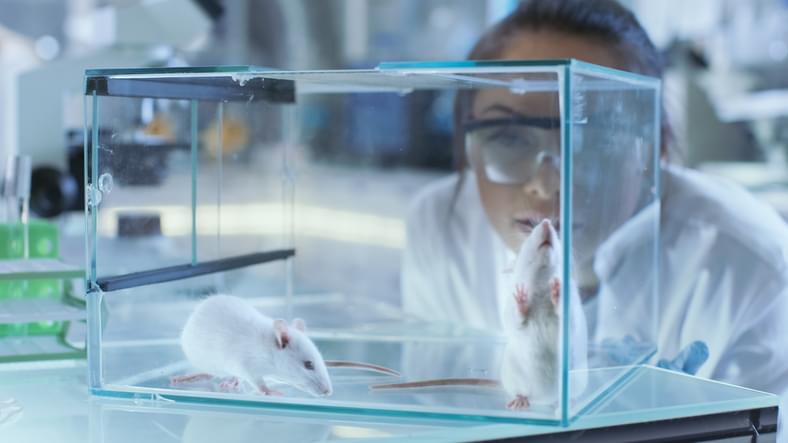Neuroresearchers at Macquarie University in Australia say they have developed a single-dose genetic medicine that has halted the progression of both amyotrophic lateral sclerosis (ALS) and frontotemporal dementia (FTD) in mice. The team, which believes its approach may even offer the potential to reverse some of the effects of the fatal diseases, thinks it may also hold opportunities for treating more common forms of dementia, such as Alzheimer’s disease.
The new treatment, dubbed CTx1000, targets pathological build-ups of the protein TDP-43 in cells in the brain and spinal cord, which has been associated with ALS, FTD, and other forms of dementia. The scientists, led by Lars Ittner, PhD, hope to see CTx1000 begin human clinical trials in as little as two years. Their study “Targeting 14–3-3?-mediated TDP-43 pathology in amyotrophic lateral sclerosis and frontotemporal dementia mice” appears in Neuron.
“Amyotrophic lateral sclerosis (ALS) and frontotemporal dementia (FTD) are characterized by cytoplasmic deposition of the nuclear TAR-binding protein 43 (TDP-43). Although cytoplasmic re-localization of TDP-43 is a key event in the pathogenesis of ALS/FTD, the underlying mechanisms remain unknown. Here, we identified a non-canonical interaction between 14–3-3θ and TDP-43, which regulates nuclear-cytoplasmic shuttling,” wrote the investigators.
